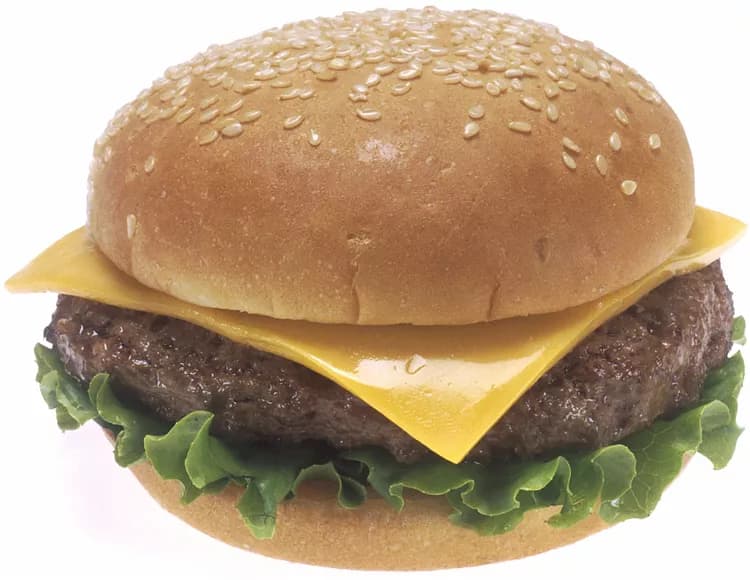When we go hungry, we have the ability to ignore the urge to eat such that we can carry out the task at hand. It has long been known that the brain is involved in such decisions. But how the brain coordinates the response to nutritional stress so that the body can function normally is not understood very well. Now, researchers from the National Centre for Biological Sciences (NCBS), Bangalore, have discovered a brain circuit that allows fruit flies to take a major developmental step in their lives despite nutritional stress.
From the time they hatch out of eggs, insects such as flies undergo three major stages in their lives. The first is the maggot-like larval stage during which the insect eats and builds up resources; the second is the transformatory pupa stage, from which the legless, wingless larvae emerge into the third and final adult stage of their lives as 6-legged, winged flies.
Integrating nutrition sensing with these developmental steps is important; the larva must know when it has enough resources to pupate and make the transformation into an adult. When deprived of food, pupation can often be postponed until enough reserves been accumulated.
However, there are exceptions to this -- when faced with protein deprivation towards the end of their larval lives, fruit fly larvae are able to push themselves to pupate. Gaiti Hasan's team from NCBS has now uncovered how this happens -- the researchers have discovered an integrative circuit of nerve cells in fruit fly brains that allows them to ignore the lack of proteins in their food to enter the pupal stage.
"Larvae basically decide to pupate once they have eaten enough. But at a stage where they have already got enough protein in them, if you give them protein-deficient food, they hit a dilemma. Normal larvae have a neuronal circuit in their brains that let them get over this. However, we have a set of mutants that cannot pupate under this condition," says Gaiti Hasan. "In actual fact, these mutants have everything in them to be able to pupate, but because this circuit is not functioning properly, they are unable to ignore the protein deficit," she continues.
The circuit Hasan's group has discovered consists of three types of nerve cells -- one set senses and reports the lack of protein in food, a second set integrates this input with metabolic information and the third set controls the hormonal signals necessary to begin pupation. The nerve cells involved in this integration process and control of hormonal signals reside in an area of the insect brain known as the mid-Ventral Ganglion (mVG), which in turn communicates with a region of the central brain that is akin to the mammalian hypothalamus.
Studies on the hypothalamus have shown that it integrates nutrition sensing with metabolic processes and regulates hunger. In a similar manner, the insect mVG, combines information about nutrition with metabolic inputs. However, the circuit in the fly's mVG described in this work functions to regulate a developmental step in the insect's life, unlike a behavioural urge like hunger that the hypothalamus regulates in mammals.
"What is really amazing about this work is that it demonstrates that a pure signalling pathway from a neuronal system can control a developmental switch -- the one that tells a larva to become a pupa," says Siddharth Jayakumar, Hasan's student and the lead author of the paper that details these findings in the journaleLife.
Hasan and Jayakumar believe that the "integrator circuit" linking nutrition and development that they have uncovered could be similar in insects and mammals. Although the types of nerve cells involved in the two systems maybe very different, the circuit patterns are highly likely to be similar.
The above post is reprinted from materials provided by National Centre for Biological Sciences. Note: Content may be edited for style and length.
Disclaimer: DoveMed is not responsible for the adapted accuracy of news releases posted to DoveMed by contributing universities and institutions.
Primary Resource:
Jayakumar, S., Richhariya, S., Reddy, O. V., Texada, M. J., & Hasan, G. (2016). Drosophila larval to pupal switch under nutrient stress requires IP3R/Ca2+ signalling in glutamatergic interneurons. eLife, 5, e17495.
Related Articles
Test Your Knowledge
Asked by users
Related Centers
Related Specialties
Related Physicians
Related Procedures
Related Resources
Join DoveHubs
and connect with fellow professionals


0 Comments
Please log in to post a comment.